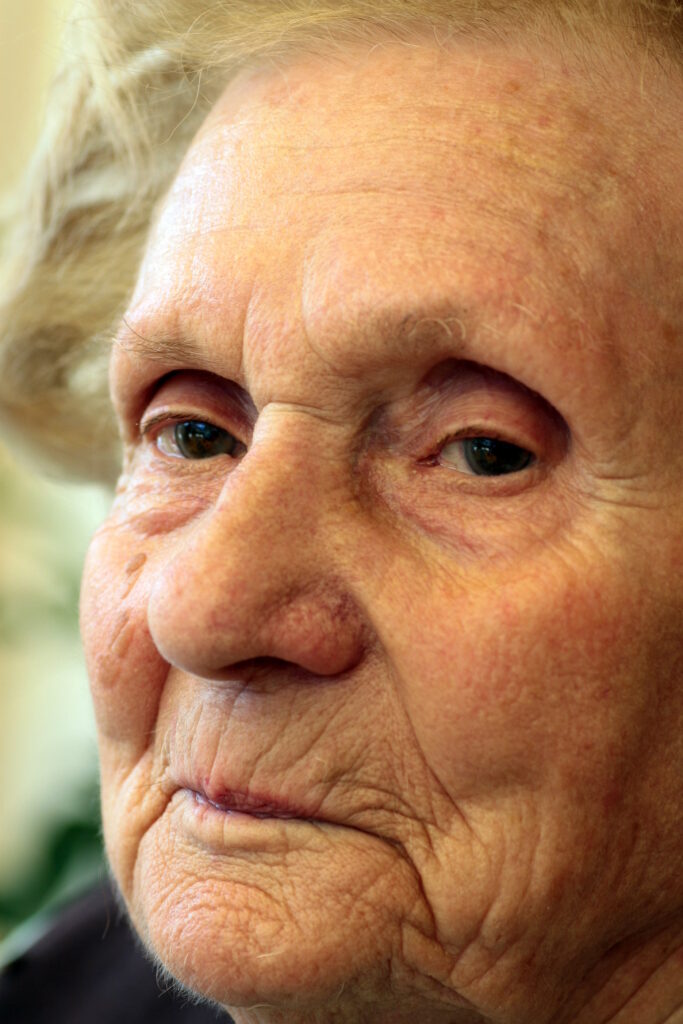Advance Care Planning is making decisions on end of life issues, primarily what your wishes are in regards to medical treatments, invasive procedures, withholding nutrition, etc. According to Beck, Lenox & Stolzer Estate Planning and Elder Law, LLC, any adult can begin this planning at any stage of life and in any kind of health condition. We offer this recent article from Health News’ entitled “Can Someone With Dementia Sign Legal Documents?” which focuses on advance care planning for someone with dementia who may still have the capability of expressing his or her wishes.
Starting discussions earlier helps ensure that a person with dementia stays involved and understands the planning process. In the same fashion, regular reviews of plans over time are beneficial for ensuring that their wishes are carried out.
Health News’ recent article entitled cautions that, when family members don’t know the preferences of their loved one, it can be very difficult and stressful in making decisions. Family members may also have feelings of guilt, self-doubt and stress while making advanced care decisions.
Laws in each state may differ. Working with an experienced elder law attorney can help seniors interpret state laws, plan how wishes should be carried out and understand financial options.
Geriatric care managers, trained social workers, or nurses can also offer support to those living with dementia, as well as their families.
While making decisions about advance care planning, families and their loved ones with dementia should create a plan for long-term care and consider preplanning for funeral arrangements as well.
Advance care planning documents commonly include the following:
- A durable power of attorney for healthcare names someone to function as a proxy for the person with dementia, when he or she may be unable to make healthcare decisions for themselves.
- A living will includes an individual’s wishes for end-of-life treatment. This can concern specific procedures such as dialysis, tubal feeding, or blood transfusion. If the person becomes permanently unconscious (coma), families can make treatment decisions based on wishes expressed in a living will.
- A do-not-resuscitate order (DNR) is put with a patient’s chart when the patient doesn’t want to receive cardiopulmonary resuscitation (CPR) if their heart stops or breathing ceases. A doctor needs to sign these DNR orders before they can be placed in the patient’s charts.
Advance care planning can be a sensitive topic for families and those with dementia.
Getting medical and legal advice early is helpful in planning advance care. Involving the person with dementia in the planning process, whenever possible, also helps families ensure that the wishes of the patient are respected. Beck, Lenox & Stolzer assists families with advance care planning on a weekly basis, and is available for consultation at no charge. Click here to schedule an initial phone call with one of our attorneys or call our office directly to schedule an in-depth consultation.
Reference: Health News (Jan. 11, 2023) “Can Someone With Dementia Sign Legal Documents?”









